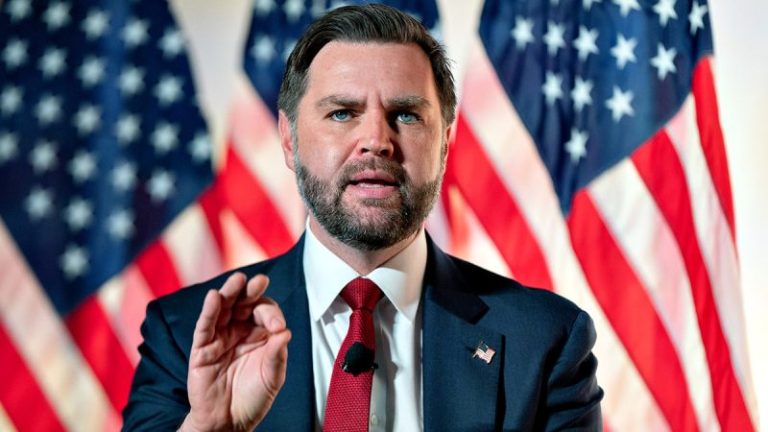New York City Mayor Zohran Mamdani has officially moved into the historic Gracie Mansion, and he’s already hoping to make changes. The mayor spoke to reporters on Jan. 12 and shared his ‘aspirational hope’ to have a few bidets installed in the mayor’s residence.
‘One thing that we will change is we will be installing a few bidets into Gracie Mansion,’ Mamdani said. ‘That’s an aspirational hope. We’ll see if we can get it done.’
A prominent New York City Democrat mocked the mayor’s idea, painting it as a rich man’s fantasy coming from someone who preaches socialism.
‘He’s been mayor for a minute and now the socialist thinks he’s flush with so much cash he can buy bidets,’ the prominent Democrat, who asked to remain anonymous, told Fox News Digital.
When speaking to Fox News Digital, the prominent Democrat pointed out the difference between the reaction to Mamdani’s ‘aspirational hope’ to add bidets versus President Donald Trump’s renovations to the White House’s Lincoln Bedroom bathroom.
Trump posted photos of the renovated bathroom on Truth Social in November celebrating the upgrade which included ‘highly-polished, statuary marble.’ While the president argued that the renovation was in line with the original vision for the space, historians disagreed and comedians mocked him. John Oliver, the host of ‘Last Week Tonight,’ called it ‘tone-deaf.’
The president’s renovations to the East Wing ballroom have also drawn criticism and mockery with Democrats taking aim at the president over the project. House Minority Leader Hakeem Jeffries, D-N.Y., said during an appearance on MSNBC that Trump ‘found time to demolish the East Wing of the White House so that he can build a ballroom where he can be celebrated as if he was a king.’
The East Wing renovation was mocked on ‘Saturday Night Live,’ which did a skit featuring James Austin Johnson as Trump and Miles Teller as Drew and Jonathan Scott from HGTV’s popular home makeover show ‘The Property Brothers.’ The mockery didn’t end there. During a ‘Weekend Update’ segment, Michael Che said he was glad the floor looked ‘slippery,’ according to the Architect’s Newspaper.
The Gracie Mansion Conservancy’s website notes that the residence was originally built by Archibald Gracie, a prosperous merchant, in 1799 and was originally a country house located five miles north of what was then known as New York City. Since then, the city has expanded and the mansion is currently located in Manhattan’s Upper East Side, which is known to be one of the wealthier parts of the city.
The conservancy also stated that Gracie Mansion is one of the oldest surviving wooden structures in Manhattan and has served as the official residence of New York City mayors since 1942.
‘Parks Commissioner Robert Moses convinced City authorities to designate the Gracie Mansion as the official residence of the Mayor in 1942 when Fiorello H. La Guardia and his family moved into the house,’ the conservancy’s website reads.
HomeAdvisor, a home-improvement cost and contractor marketplace owned by Angi, said in 2025 that the average cost to install a bidet was $640, with a typical range of $400 to $1,500. The site noted that costs can run as low as $40 or as high as $2,000. The bidet type, size and quality, as well as necessary plumbing modifications can impact the installation cost.
Meanwhile, HomeGuide, a home-improvement cost guide that compiles pricing data from contractors and project estimates, broke down bidet pricing by unit and installation. The site said a standalone bidet could cost between $700 and $2,600 including installation, while the unit and installation cost for a bidet attachment typically ranges from $100 to $300.
It is unclear how exactly the city would install bidets in Gracie Mansion.
New York City’s Department of Environmental Protection celebrated Mamdani’s announcement, saying that ‘more bidets = fewer wet wipes.’










